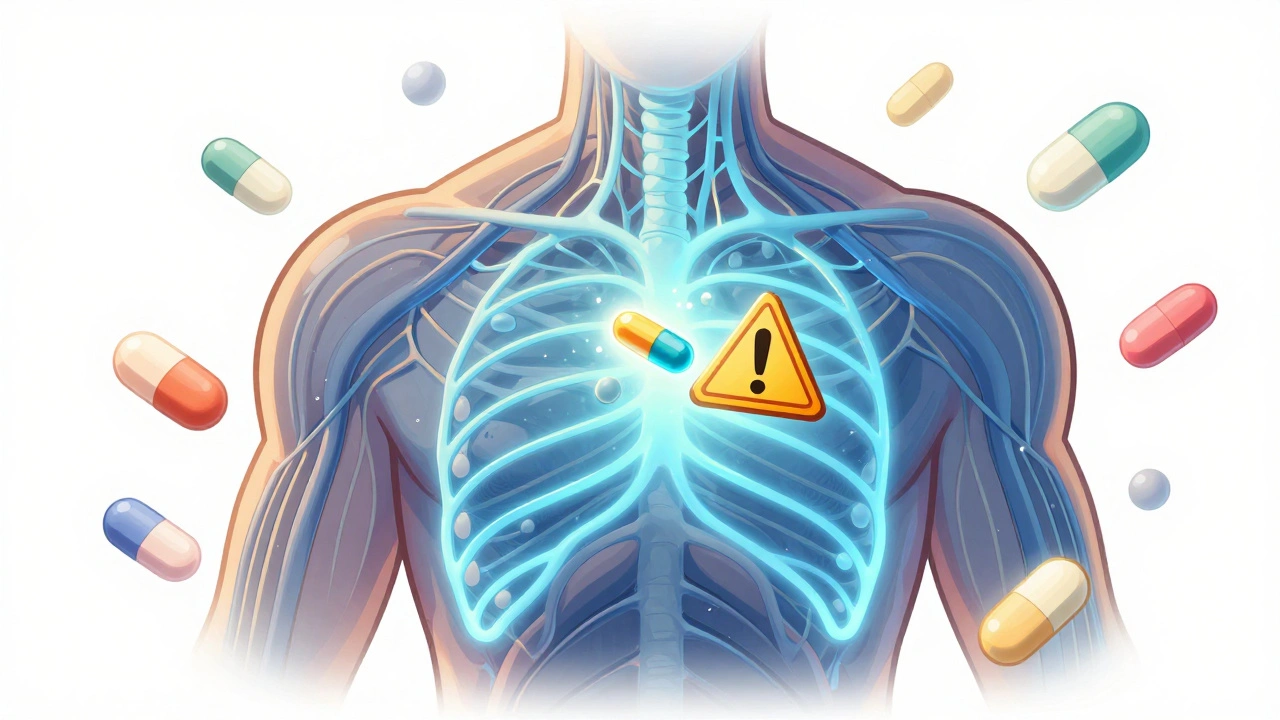Antidepressants: What They Are and How to Use Them Safely
Antidepressants treat depression and other conditions like anxiety, chronic pain, and some sleep problems. If you’re thinking about medication or already taking it, this page gives straightforward facts: how different drugs work, what to expect, and simple safety tips you can use right away.
How they work & when to expect results
Most antidepressants change brain chemicals that affect mood and stress. Common classes include:
- SSRIs (sertraline, fluoxetine) — often first choice, fewer side effects for many people.
- SNRIs (venlafaxine, duloxetine) — help with pain and mood together.
- Tricyclics (amitriptyline) and MAOIs — older drugs used when others fail, need more monitoring.
- Atypicals (bupropion/Wellbutrin) — work on dopamine and norepinephrine, less sexual side effects for some.
Expect partial improvement in 2–4 weeks and clearer benefits by 6–8 weeks. If you don’t feel better after that, tell your prescriber — switching dose or drug is common.
Practical tips & safety
Start low, go slow. Many doctors begin with a low dose and increase it after checking how you feel. Don’t stop suddenly — some drugs cause withdrawal symptoms like dizziness, flu-like feelings, or mood swings. Ask your doctor about a taper plan before stopping.
Watch for side effects early: nausea, headaches, sleep changes, and sexual problems are common. Most settle in a few weeks. If side effects are severe or persistent, talk to your clinician about alternatives — different classes can avoid specific problems.
Know serious risks: antidepressants can raise suicidal thoughts in people under 25 during the first few months. If you or someone you care for gets worse, has new self-harm thoughts, or acts differently, get help right away.
Mixing meds can be dangerous. Don’t combine MAOIs with SSRIs, SNRIs, or St. John’s wort — that can cause serotonin syndrome, a medical emergency. Also check interactions with blood thinners, birth control, and some cancer drugs. Always tell every clinician what you take.
Use therapy plus meds if you can. Medication treats biological symptoms; talking therapy helps habits and coping skills. Many people do best with both.
Practical things you can do now: set a daily reminder, store meds in a cool dry place, refill before you run out, and keep regular follow-ups. If you’re pregnant, planning pregnancy, or breastfeeding, discuss options — some drugs are safer than others.
If you want more detailed comparisons or a closer look at specific drugs like Wellbutrin, SSRIs, or SNRIs, check our linked articles or ask your clinician for a tailored plan. You don’t have to figure this out alone — small changes in dose or drug often make a big difference.

Linezolid and Serotonin Syndrome: What You Need to Know About the Risk with Antidepressants
Linezolid can cause serotonin syndrome when taken with antidepressants, but real-world data shows the risk is extremely low. Learn when it's safe, what symptoms to watch for, and why most patients can still use this critical antibiotic.
read more
Top Alternatives to Wellbutrin SR in 2024: Effective Medication Options
This article explores six promising alternatives to Wellbutrin SR for managing depression and other related disorders in 2024. With a focus on medications such as Zoloft, Lexapro, Cymbalta, Trintellix, Prozac, and Remeron, it provides key insights into each option’s benefits and potential side effects. Whether you're seeking fewer energy-related side effects or a treatment for both depression and anxiety, this guide lists these alternatives and compares their advantages and drawbacks. Get informed about how each medication works and its suitability for different needs, helping you and your healthcare provider choose the right path for mental well-being.
read more




